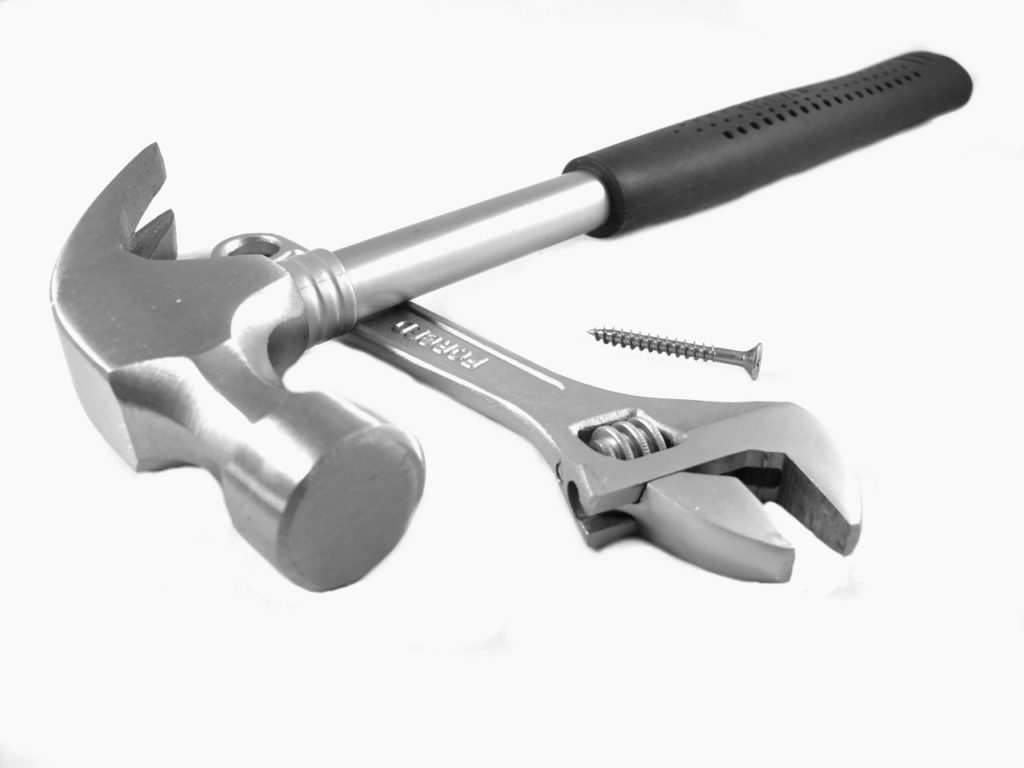Home improvement can be a long and arduous process, and there are plenty things that can go wrong. Whether you are going the DIY route or employing contractors to do the work for you, there are quite a few things you need to be aware of.

Here are some tips to start your home improvement journey on the right foot:
Have A Plan
Make a plan that has some room to be flexible. Have a best-case scenario as a plan A and contingency plans in case things don’t quite pan out as you envisaged. In your plan, you should include any permits and items that need to be acquired, also you will need to note down any contractors that you will be employing and for how long.
Too Big To DIY?
Some jobs are just too big and too complicated for even the most intrepid DIY home improver. You need to know when to call in the professionals. Whether you are tearing down a wall or bathroom remodelling, sometimes you just need to pay someone with the proper training and qualifications to avoid a massive DIY disaster. Knowing when to call it quits is just about the most important skill you can have when undertaking home improvement. Please remember that most areas require electrical work to be done by a qualified electrician, and plumbing into the mains to be done by qualified plumbers.
Finding the Right Contractor
Talk to multiple contractors and get several quote options if possible. Having a range of options will help you to make the best objective choice possible. Use your plan to create a list of requirements so you can give contractors the right information so that they can give you an accurate quote. Check contractor reviews for both positive and negative reviews, however, don’t make your choice on reviews alone. It’s also important that you check that the contractors are qualified and licensed in accordance with local legislation.
Cost Blowout
When you budget for your home improvement project it is vital that you leave space for unexpected eventualities. What if you pull up the carpet, and rather than the slightly ratty but still sturdy floorboards you were expecting, most of them have begun to crack or rot? You need to have room in the budget to replace floorboards should the need arise. No matter how well you plan things can go wrong and it’s important to leave some wiggle room in your budget for emergencies.
Know Your Tools
Having the right tool for the job might be a cliche but it is also incredibly important. Trying to do everything with a hammer, a screwdriver and a trowel will only get you so far. Not only do you need have the right tools, but you need to know how to use them. Do your research, watch videos and even practice if you can before you get started. Experimentation when it comes to potentially dangerous tools is not something to be advised.
With these tips and some additional research, you can get started on your home improvement project and be one step closer to creating your dream home.





